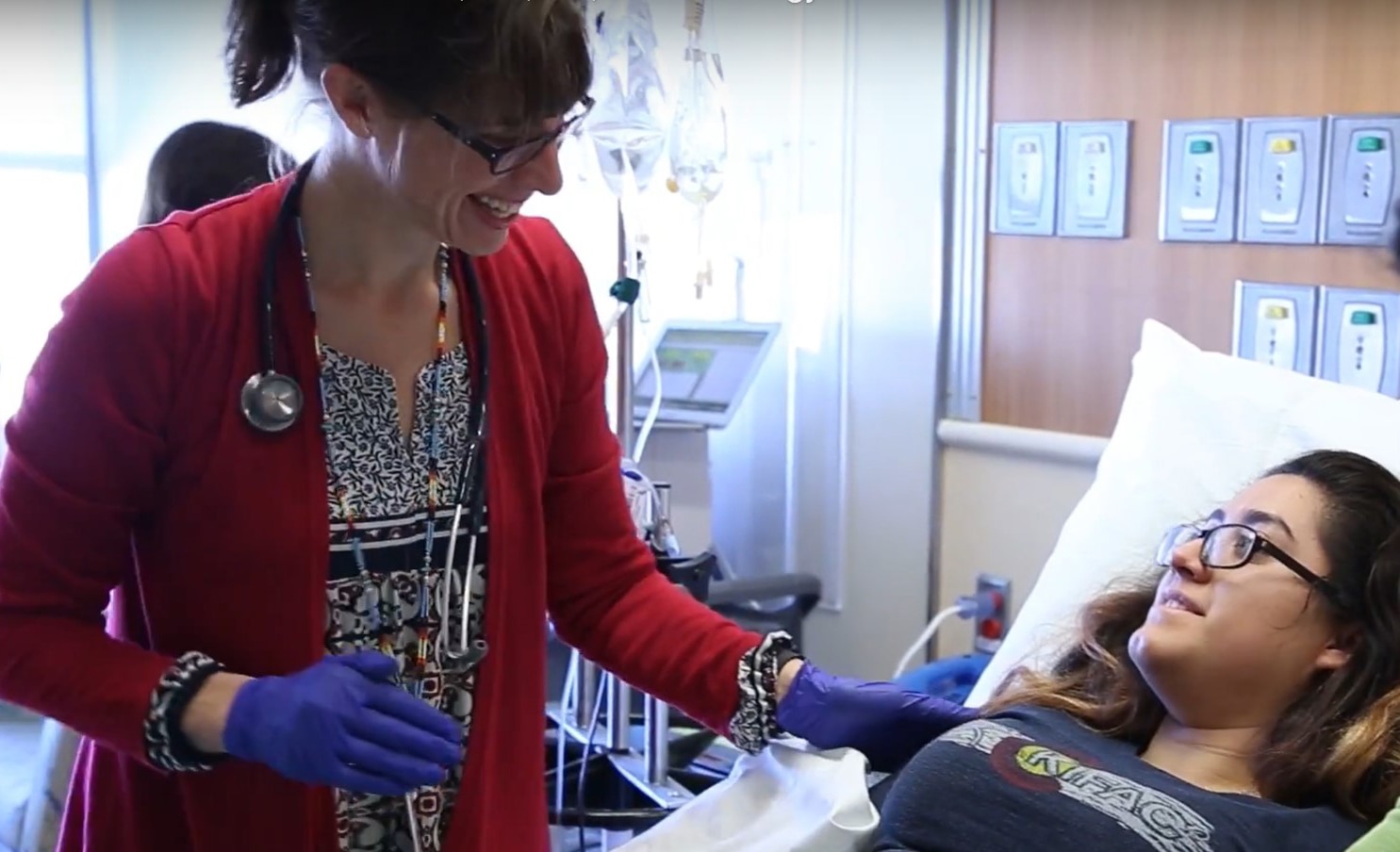Type 2 Diabetes in Youth: A Distinct Treatment Challenge

NIH-funded study finds that in young people, neither of 2 medications for type 2 diabetes helps preserve the body’s ability to make insulin.
New results from the NIH-supported Restoring Insulin Secretion (RISE) Study indicate that neither metformin alone or in a combination treatment with long-acting insulin is effective for slowing progression of type 2 diabetes in youth ages 10–19. The study seeks to determine if early, aggressive treatment can improve outcomes.
The RISE Pediatric Medication Study found that beta cell function declined in both groups during treatment and worsened after treatment ended. However, results showed modest improvement in blood glucose with metformin in both groups.
The study results were published online June 25 in Diabetes Care. Two other RISE papers also published in that issue compared baseline data from the pediatric trial and the two adult RISE trials. Researchers found that youth had more insulin resistance and other signs of disease progression than their adult counterparts at the same stage in the disease. These results were consistent with earlier studies. The two papers also found that the pediatric group at baseline responded to the severe insulin resistance with a greater insulin response than adults, which may be a reason for the youth’s more rapid loss of beta cell function.
“Type 2 diabetes in youth has grown with the obesity epidemic, and we need treatments that work for kids,” said Dr. Ellen Leschek, project scientist for the RISE Consortium and program director in NIDDK’s Division of Diabetes, Endocrinology, and Metabolic Diseases. “It’s clear from this study and others that type 2 diabetes in youth is more aggressive than in adults.”
For a quick summary of the results, read the NIDDK press release.

Comments